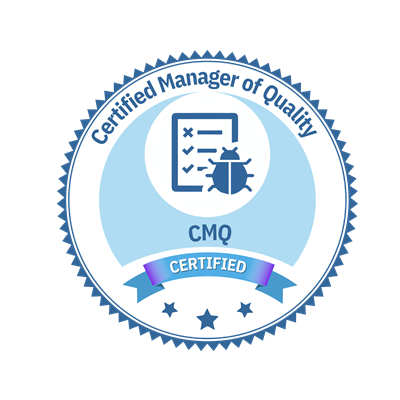-
Certifications
- Project Management Certifications
- Lean Six Sigma Certifications
- Software Testing Certifications
- Mobile Testing Certifications
- Software Automation Testing Certifications
- Software Security Testing Certifications
- Cloud Testing Certifications
- Agile Testing Certifications
- Software Quality Assurance Certifications
- Scrum / Agile Certifications
- Change Management Certifications
- Business Analyst Certifications
- Business Process And Management Certifications
- DevOps And Big Data Certifications
- Call Centre Certifications
- Cloud Computing Certifications
- Data Centre Certifications
- Information Systems Security Certifications
- Supply Chain, Procurement And Retail Certifications
- Management Certifications
- Finance And Accounting Certifications
- Sales And Marketing Certifications
- Information Technology Certifications
- ISO Certifications
- Artificial Intelligence Certifications
- Health Care and Nursing Assistant Certifications
- Web Designing and Developer Certifications
- Python Certifications
- Gauge and Thread Inspection Certifications
- Advanced Nutrition & Wellness Certifications
- Advanced English Proficiency Certifications
- About Us
- Globally Certified Professionals
- Digital Badges

